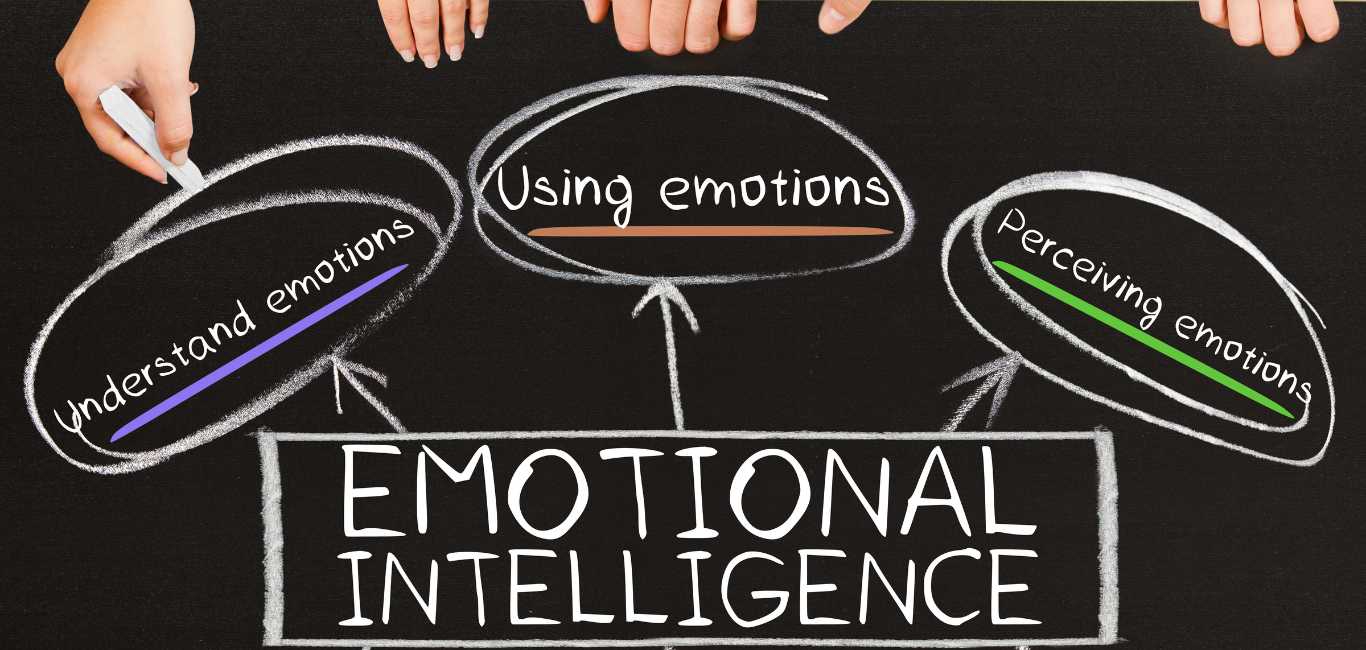
Imagine you are having lunch with a friend. Suddenly, their phone rings and things take a sad turn. Your friend starts crying during the call, and now you are feeling kind of down too. This inward-looking experience is what psychologists call empathy— sharing the feels.
“Empathy involves seeing things from another person’s perspective, understanding their emotions, and responding with compassion,” says psychologist and therapist S Usha Rani, Bengaluru. But there is more to it. Usha says empathy can be classified into three types:
- Emotional empathy involves understanding and appropriately responding to the other person’s emotions.
- Somatic empathy entails experiencing someone’s sorrow and pain physically.
- Cognitive empathy is about understanding a person’s mental state, thoughts and
Aditi Tulshyan, marriage and family counsellor and certified trauma therapist at XpressIt Mental Health Services, North Delhi, says that being empathetic means one should understand emotions and perspectives of the other person without being judgemental. For cultivating empathy, she says, “Listen attentively to others without judgement. Pay attention to their words, emotions, and body language to understand their feelings and needs better.”
Studies find women more empathetic
A study by Mariska Kret, professor at Leiden University, Netherlands and Beatrice M L de Gelder, professor of Cognitive Neuroscience at the Tilburg University, Netherlands has shown that men and women may experience and show empathy differently. Generally, women tend to score higher in empathy tests, and research suggests that women often understand and share others’ feelings more than men. Different factors including hormonal, chromosomal, and environmental influence this.
Understanding the teen empathy puzzle
According to a 2012 study led by Chun Bun Lam, assistant professor at the Hong Kong Institute of Education, China, adolescent’s diverse social environments offer new opportunities for empathic understanding between friends, romantic partners, and peers. The research suggests that during adolescence, one can expect a general boost in empathy. However, it is not the same for everyone; girls tend to be more tuned in to others’ feelings than boys. Additionally, as teens transition into adolescents, societal pressures to conform to traditional gender roles increase, suggesting that girls might not only have higher empathy levels but also experience more significant increases in empathy than boys. Youth demonstrating empathy are more likely to behave in prosocial ways, such as helping, sharing, and volunteering.
Usha says we can be more empathetic, caring, and understanding if we choose to. It does not just benefit those around us – it is good for us too. “Some might think empathy is a soft skill in a tough world, making us vulnerable, but it turns out, empathetic people often end up happier, less stressed, and more successful in their careers. So, by looking out for each other, we are also doing ourselves a favour,” she says.
S Usha Rani and Aditi Tulshyan suggest ways to cultivate empathy
Walk in someone else’s shoes
Empathy starts with the willingness to step into someone else’s shoes. This simple act of perspective-taking allows you to connect with others on a deeper level. “Whether it is a colleague at work or a friend in your personal life, taking a moment to understand their point of view lays the foundation for genuine empathy,” she says.
Sharpen your listening skills
One of the most effective ways to cultivate empathy is by practising active listening. Instead of interrupting, make a conscious effort to hear what the other person is saying. Maintain eye contact, nod in acknowledgment, and refrain from formulating your response while they speak. By giving someone your undivided attention, you create a space for them to share their thoughts and feelings, fostering a sense of understanding and connection.
Decode nonverbal cues
Words only convey part of the story. Pay attention to nonverbal cues such as body language, facial expressions, and tone of voice. These subtle signals often reveal more about a person’s emotions than words alone. By tuning in to these cues, you gain a deeper understanding of their feelings, enabling you to respond with empathy and compassion.
Ask questions and learn
Empathy increases curiosity. Ask questions to learn more about others and their experiences. Express a genuine interest in their lives, opinions, and emotions. This not only shows your willingness to understand but also encourages the other person to open up.
Be vulnerable
Empathy requires openness and vulnerability. Share your own experiences and feelings, creating a reciprocal exchange of emotions. When you allow yourself to be vulnerable, you pave the way for deeper connections. This authenticity builds trust and strengthens the bonds.
Examine your bias
Usha says we all carry biases, whether conscious or unconscious. “Take a moment to reflect on your own biases and how they may impact your ability to empathise,” she says adding that acknowledging and challenging these biases is a crucial step in broadening our perspective. Usha suggests engaging in activities that expose us to diverse perspectives, helping us overcome preconceived notions and fostering a more inclusive form of empathy.
Embrace new perspectives
Increase your capacity for empathy by actively seeking out new perspectives. Engage with people from different backgrounds, cultures, and belief systems. Attend events or activities that challenge your comfort zone. Reading fiction, particularly works from authors with diverse backgrounds, can also broaden your understanding of the human experience.
Hold back judgement
Resist the urge to judge others. Instead, look for commonalities and try to understand the unique story behind their actions. If faced with conflicting beliefs, approach the situation with an open mind, asking questions to gain a deeper understanding.
Cultivate mindfulness
Practise mindfulness to develop self-awareness. Understanding your feelings can help you relate better to others’ emotions.
Empathy is not just a skill; it is a way of connecting with the world around us. By actively incorporating these practices into our lives, we can cultivate a deeper understanding of others, foster meaningful relationships, and contribute to a more empathetic and compassionate society.

















